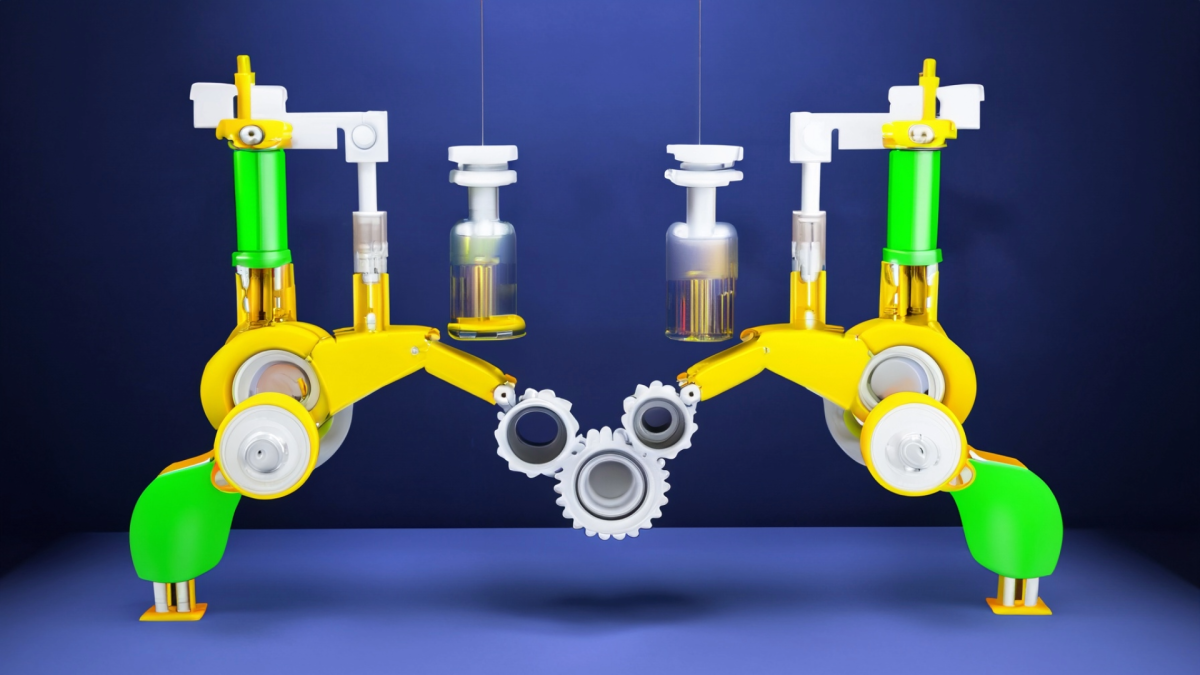Grades:
6th Grade, 7th Grade, 8th Grade, 9th Grade
This lesson is part of a school-wide project to renovate a greenhouse and create a native seed library. This lesson is intended to create intrinsic motivation to engage in the project. This lesson
Grades:
5th Grade
In this lesson students are going to learn that our solar system is part of many galaxies within our universe. The materials needed are paper plates, color pencils, scissors, paper, pencils, and iPad
Grades:
5th Grade
This hands-on lesson covers balanced and unbalanced forces. Students use the skills they have already been taught to apply them to a real-world situation involving rockets. You will need 500mL bottles
Grades:
3rd Grade
In this lesson, students will design a game to practice multiplication and division facts through 100. They will only be allowed to use the following materials: popsicle sticks, small stones, sidewalk
Grades:
5th Grade
Students are actively engaged in this creative lesson where they use their genetics knowledge to construct a game for others to play! They will use a Punnett Square and other genetic terminology as
Grades:
4th Grade, 5th Grade
Students will be working with creating series and parallel circuits. Students will gain an understanding of the components used to create circuits and how circuits function in our everyday lives.
Grades:
Kindergarten, 1st Grade
In this fun lesson, students will develop a simple sketch and a physical model of a float to illustrate how the shape of an object helps it function as needed to solve a given problem. They will then
Grades:
6th Grade
Students will explore energy, electricity, and engineering in this hands-on lesson using the Kidwind kit to create a wind turbine.
Grades:
8th Grade
Students code robots to match different distance time graphs. For each graph the teacher stamps their paper and they move on to the next more difficult one. Students will be able to replicate the
Grades:
5th Grade
In this engaging lesson, students work together to design a water filtration system to separate pollutants from water. This lesson takes about 120 minutes to complete. Various resources are included!
Grades:
5th Grade
This lesson is the 1st lesson in a series of 3 on balanced and unbalanced forces. Students will learn about the “Wonderland of Rocks” at Chiricahua National Monument near Willcox, Arizona, and view a
Grades:
4th Grade, 5th Grade
In this hands-on lesson, students will explore how speed is calculated, what inertia is and apply it to Newton’s Laws of Motion. They use the engineering design process to construct race cars out of
Grades:
9th Grade, 10th Grade, 11th Grade, 12th Grade
This lesson uses a Modeling Instruction approach to developing the graphical and mathematical relationship commonly known as Newton's 2nd Law for students in Grades 9-12. Students design an experiment
Grades:
6th Grade, 7th Grade
Students will learn basic concepts of physics, including velocity, motion, and vector. S tudents will develop and use a model to predict how forces act on objects at a distance. Finally students will
Spanish Retell of The Three Little Pigs -Los tres cerditos: y el lobo feroz using Beebots for Coding
Grades:
Kindergarten
• Student teams will work together in small groups to identify important story elements in a familiar story, then develop a plot diagram using Bee-Bots. • In a small group, students will use code to
Grades:
7th Grade
This lesson plan will help students appreciate the concept of volume. Students will measure the dimensions of the real-life prisms given to them then calculate its volume using the formula given
Grades:
3rd Grade, 4th Grade, 5th Grade, 6th Grade, 7th Grade, 8th Grade
One Plastic Bag is about a child in Gambia, West Africa, who sees plastic bags piling up on the side of the road. Students will listen to the story and then create their own sustainable, reusable item
Grades:
1st Grade
In this lesson, students will watch seeds grow on a damp sponge by measuring, journaling and observing. They will observe how the roots and shoots grow.
Grades:
10th Grade, 11th Grade, 12th Grade
This lesson plan includes activities for a full unit on Fission and Fusion, which are included in our state science standards. Students will create models of fusion and fission using a free online
Grades:
Kindergarten
In this engaging lesson, students will participate in an engineering challenge or STEM activity that connects to a read aloud. Students will communicate solutions that will reduce the impact of humans
Grades:
3rd Grade, 4th Grade
This lesson is going to be designed to teach third graders about the plant cells and anatomy. The lesson is based on an overview of the plant cells and an interactive experience for students to
Grades:
7th Grade, 8th Grade
Students will learn how to bring their images to life by coding movement and will use math skills.
Grades:
8th Grade
Students will measure the height, diameter, and circumference of a tree in this engaging lesson. They will then determine a tree’s age by counting growth rings. Students will determine how rainfall
Grades:
6th Grade
In this lesson, students will collaborate to design and engineer a product to contain and clean up an oil spill while saving the affected wildlife. They will also accurately complete an itemized
Featured Lesson Plans
Check out these notable lesson plans.

Featured
Pumpkin Jack Part One
Grades:
4th Grade
This lesson includes fourth grade reading, writing, math, science, and engineering standards. The potential is endless with additional enrichment activities. Students participate in the nurturing and

Featured
Simple Machines Save the Day
Grades:
5th Grade
In this lesson students read about simple machines and learn that simple machines make it easier to lift or move things and that they can change direction and magnitude of force. Students use LEGOs to

Grades:
6th Grade
Students are tasked with using the Engineering Design Process to create a system of harvesting rainwater to meet the needs of residents in communities that have a scarce water supply (shortage of


